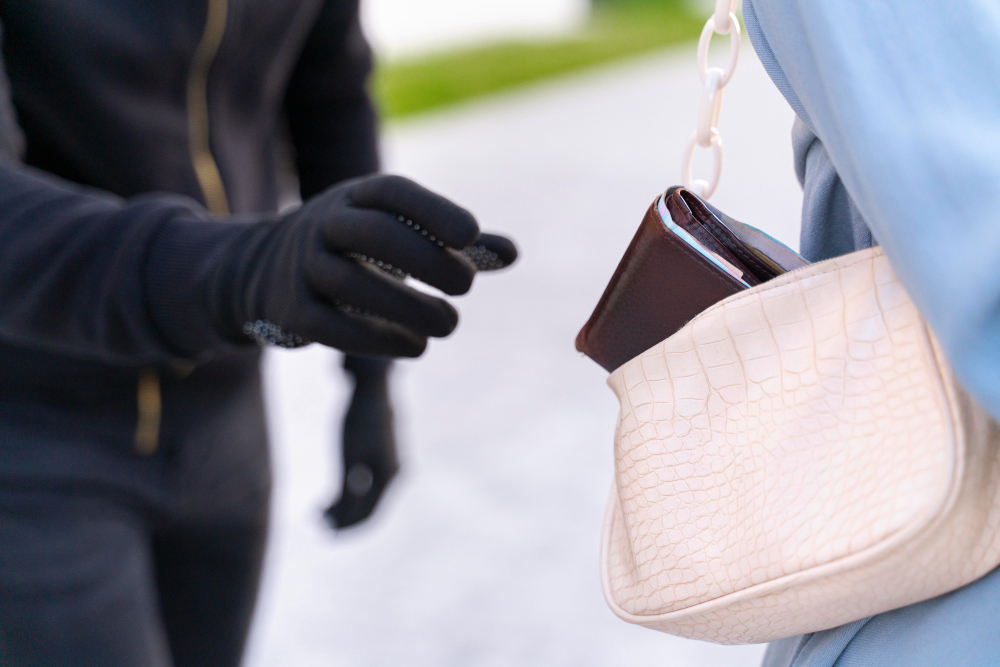Have you ever co-written a song or worked on a musical collaboration and later faced disagreements about who owns what? You’re not alone. In Kenya’s evolving music industry, many artists, producers, and songwriters are creating powerful works together—but without written agreements, this collaboration can quickly turn into confusion, disputes, or even lost income. That’s where music split sheets come in.
What is a Music Split Sheet?
A music split sheet is a written agreement that outlines who owns what percentage of a song. It records the names of all contributors—like composers, lyricists, producers, and performers—and specifies the ownership share each person holds in the copyright of the song.
In essence, a split sheet answers the question:
“How should the royalties from this song be divided?”
It’s a simple, often one-page document—but it can make the difference between peace and lawsuits.
Why Are Split Sheets So Important in Kenya?
Kenya’s Copyright Act (No. 12 of 2001, as amended) recognizes joint authorship and protects the rights of all authors involved in a musical work. But the law doesn’t automatically assign ownership percentages—those must be agreed upon by the parties involved.
Without a split sheet:
- Your share might be contested or ignored.
- Collective Management Organizations (like MCSK, PRISK, and KAMP) may not distribute royalties correctly.
- Skiza and other digital platforms may misallocate earnings.
- Streaming platforms and music licensing deals can’t pay you properly.
- You may lose out on future income, sync deals, or international publishing opportunities.
Why Split Sheets Matter for Skiza Royalties
Skiza Tunes, Safaricom’s ringback tone service, is one of Kenya’s most popular platforms for music monetization. When fans use your song as a Skiza tune, it generates revenue daily. However, without a clear split sheet, here’s what could go wrong:
- The wrong person may be registered as the sole beneficiary.
- You may not be listed as a rightful owner with the Skiza Content Provider.
- Royalties might not reach co-creators like the lyricist, composer, or producer.
- In case of disputes, Safaricom can suspend payout until rightful ownership is resolved.
In short, no split sheet = no guarantee you’ll get paid from Skiza.
When Should You Fill Out a Split Sheet?
Immediately after the song is completed (or even during the session). It’s best practice to do it:
- At the end of a studio session
- Before registering the song with Skiza or a Content Provider (CP)
- Before releasing the track on any platform
- Before uploading to digital distributors like Mdundo, Boomplay, or YouTube
- Before registering with a CMO or music publisher
What Should a Kenyan Music Split Sheet Include?
Here are the key details typically found on a split sheet:
- Song Title
- Date of Creation
- Real Names and Stage Names of Contributors
- Contribution Type (e.g., lyrics, beat, melody, production)
- Percentage of Ownership (e.g., 50% composer, 30% producer, 20% lyricist)
- Signatures of All Contributors
- Contact Details (ID/Phone/Email)
- Declaration Clause that confirms all parties agree to the listed splits
Kenyan Legal Perspective: Who Owns What?
Under Kenyan copyright law:
- Authors (lyricists and composers) are automatically co-owners of the song unless otherwise agreed.
- Producers may have rights if they contribute creatively (not just technically).
- Performers own neighbouring rights, which are separate from copyright in the composition.
- Executive producers or record labels may claim ownership depending on contractual arrangements.
Without a written agreement like a split sheet, disputes are handled by evidence of contribution, which can be difficult to prove—especially when registering for Skiza payouts.
What Happens Without a Split Sheet?
Kenyan artists have lost Skiza royalties, missed international deals, or even been locked out of using their own music because of unclear ownership. In some cases:
- Skiza Content Providers list only one name and withhold payment to others.
- Royalties are frozen due to ownership disputes.
- Sync deals (TV, ads, movies) collapse due to legal uncertainty.
Final Thoughts: Protect the Bag!
Kenya’s creative economy is growing rapidly, and opportunities like Skiza, Boomplay, Spotify, and international sync licensing are becoming more accessible. But the first step to professionalizing your music business is handling ownership and rights properly.
A split sheet may seem small—but it’s your passport to getting paid, staying protected, and building trust in your collaborations.
So the next time you hit the studio, don’t just focus on the vibe—secure the split too.
Need a split sheet template, Skiza registration guidance, or legal support for your music rights? Reach out to the team at NgomaBasa via in**@*******se.com or consult your IP lawyer.




